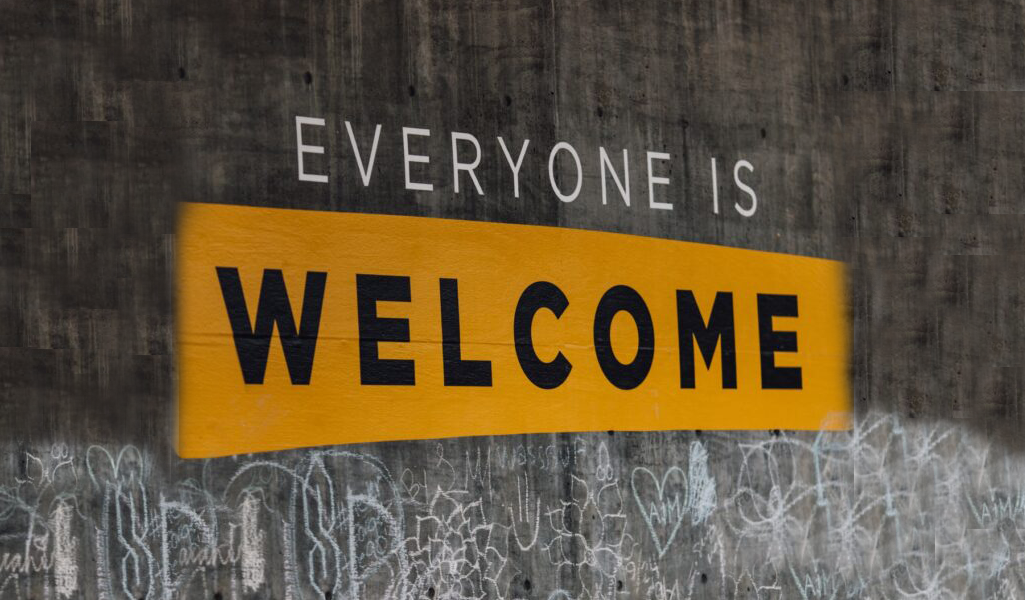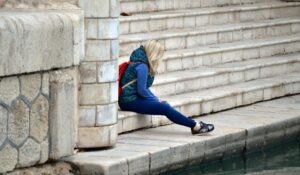Today marks the launch of the Secure Care Pathway and Standards Scotland. These Standards have been three years in the making after a series of recommendations from the Secure Care National Project. The project identified the need for a specific set of standards for Scotland’s most restrictive form of care for our children.
In late 2017, I was asked to become a board member on the secure care strategic board. Having spent a lot of my youth growing up in secure care, this was an ask I had not a second thought about. I have been a fierce advocate for change amongst the care sector for as long as I can remember, and secure care is something that I am so passionate about. If care and compassion is delivered correctly, secure care can be a lifesaver for many. However, I am also acutely aware of the trauma secure care can either cause or further compound. I have experienced both. Therefore, I agreed to become a member of the Pathway and Standards working group. Tasked with creating a brand new set of national standards rooted in voice, it was right up my street!
Young people’s calls for action developed through the Secure Care National Project and detailed very clearly the things that worked well in secure care and the things that young people thought needed to change. Throughout the process of creating the Standards, everything we did was rooted in voice. We analysed the data and evidence so selflessly provided by young people and began to map the journey of secure care for a young person – before, during and after – and what the adults around the young people need to be doing to ensure their rights are upheld every step of the way.
We then begun to draft the 44 Standards. These were then taken to the STARR group (of which I am the current founder and chair), Scotland’s only curated space for secure care experienced people. The group discussed in detail the wording of the Standards, the importance and relevance and lastly, the strategic implications of each Standard. I was incredibly humbled at the strength, tenacity and hope for the future the group showed. Knowing that whatever they do will always be in service of young people today and will not change or alter their own experiences I think shows an incredible amount of strength, and I will forever be in awe of them.
Being part of such an inclusive and dynamic process has made my heart sing. The shared vision and values held by everyone involved has been incredibly humbling. People really care about our children whose liberty has been restricted or could be and want to make the process as conducive and trauma free as possible, but sometimes they just don’t know how to, and that’s okay. As long as they enter the process with an open heart and mind, are willing to listen and respond to the voices and what they’re telling us.
There are aspects of secure care and the supports provided before and after that need to be radically different to ensure rights are respected and upheld, and it is my hope that these Standards provide a blueprint and permission for individual centres to come together as a collective and have some creative and radical conversations. This also needs to involve everyone who works with children on the edges of secure care to make sure children get the support they need throughout and at each stage of the journey.
I will never forget my time in secure care, it is such a life altering event that I simply cannot forget, the restrictions places on my liberty caused me great heartache. I am certain however, that my time in secure has turned me into the person I am today – so for that I am grateful.
I can see myself in many of these Standards but a couple that really stand out to me are:
Standard 15: “I am welcomed at the main entrance unless it is unsafe for me or others. This is based on my individual circumstances and needs”
This Standard is incredibly important to me and many others as the admission process can be quite traumatic for a number of reasons and being welcomed at the front entrance humanises the process. It makes you feel welcomed and reassured instead of feeling like a bad secret by entering via a garage.
Another Standard which stood out is:
Standard 42: I am confident that people I know well and have trust in will continue to be involved in supporting me after I leave the service.
This is also incredibly important as it focuses on the need for consistent, loving relationships and ensuring that those relationships are supported to flourish.
Over the past few years, I have made it my mission to advocate and campaign for more awareness of secure care, what the benefits are as well as the deficits and how we can collectively overcome these. I firmly believe that if care is delivered correctly and the Standards are fully implemented, we will not see as many young people enter secure care. This should be Scotland’s ambition. I believe supporting young people to heal from trauma at the earliest stage will radically reduce the number of young people who experience secure care.
It is time everyone involved in secure care in Scotland comes together with a shared vision and morals of not depriving our children of their liberty. Ever. I believe it should be Scotland’s vision to support and empower our children to heal. These are just a few of my hopes, I could go on all day but I truly believe that this is an achievable goal and I’ll continue to advocate for this throughout my career until one day, my vision is realised. Come on Scotland, we can do this.
About our blogger
Bethanne Logan, who is care experienced, describes herself as “striving for children to have access to equitable chances”. She is founder and Chair of the STARR group, a Board Member for Children’s Hearings Scotland and was a member of the Pathway and Standards working group. Follow her on Twitter @Beth_AnneLogan.




